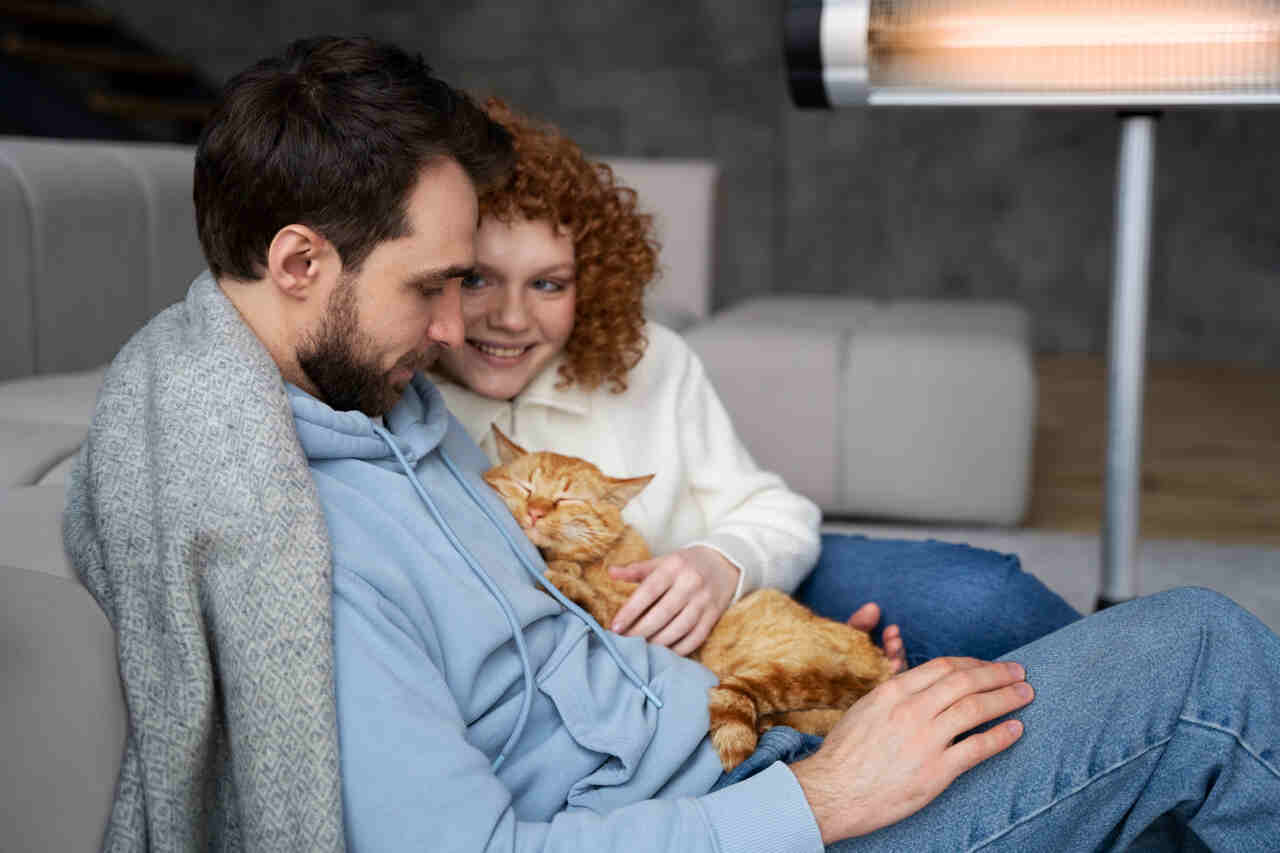
Brazil ranks 3rd in the world in the number of domestic animals, with a population of 149.6 million pets, according to a census by the Instituto Pet Brasil (IPB). With 30% of households composed of “pet parents,” the so-called multispecies families, who choose to have pets instead of children, are growing.
+ Cute videos showcase the interaction between dogs and babies
+ Meet the trained hybrid dogs serving as marines that cost over $150,000 each
Izabella Melo, a psychology professor at the University Center of Brasília (CEUB), comments that this new configuration reflects the transformation of social dynamics, highlighting that the phenomenon of choosing not to have children, although distinct, is often related to the adoption of pets.
Financial issues, the lack of a support network, and even concerns about climate change have led many couples to choose not to have children. This decision, as the psychologist explains, can also reflect negative personal experiences, such as experiences of abuse or neglect in childhood. “There are people who, having played active roles in raising younger siblings, choose to change the linear causality relationship and place something in the sense of choosing pets as a way of exercising care without necessarily involving children.”
In Izabella Melo’s view, adopting animals as family members reflects a contemporary movement that goes beyond mere companionship. Multispecies families are also linked to reflections on animal rights and the recognition of the psychological and emotional well-being that living with pets can provide. “Notions of family have evolved, prioritizing bonds of affinity and cohabitation. This allows for the observation of different family configurations, such as multispecies families,” she says.
The CEUB professor reveals that, in practice, this integration manifests itself in daily care, financial planning, and the inclusion of animals in family rituals, such as celebrations and leisure activities. “The humans who make up these families legitimize the animals as family members, incorporating them into daily routines and even into financial planning,” the professor points out.
Although some couples refer to their pets as “children,” Izabella Melo clarifies that this analogy reflects more the depth of affection than a true equivalence with human parenthood. “Couples who call their pets ‘baby’ or ‘child’ do so as a way to express the emotional importance of the animal, but they recognize the differences between raising a pet and a child,” she explains.
According to the expert, although living with pets can strengthen marital bonds through the development of joint projects, it can also create conflicts if there is no clear division of responsibilities. “When pet owners are not organized regarding daily tasks such as cleaning, feeding, and veterinary care, this can result in tensions in the couple’s relationship,” she warns.
Psychological benefits
For the CEUB professor, the presence of pets in families brings psychological benefits, especially related to emotional exchange and the development of joint projects. Couples report that taking care of pets strengthens the relationship, providing a dynamic of collaboration and shared responsibility. “For many, the experience of caring for an animal serves as a kind of ‘test’ to evaluate the ability to share responsibilities, which can prepare the couple for future parenthood.”
The acceptance of pets in family environments influences the dynamics of coexistence: “Some couples choose to bring their pets to social gatherings, such as barbecues and parties, while others avoid these situations because they do not feel comfortable with the reception of the animals.”
Couples with high levels of formal education and socioeconomic status are the most common profile of those who decide to have pets instead of children. “Brazilian society, although it carries certain stigmas, is gradually recognizing and accepting the new family configurations, reflecting an evolution in the perceptions of affective bonds and coexistence.”
This content was created with the help of AI

